|
Written by: Kiana Maria Poetry is a lost art form. However, in recent years it has had a comeback. With poets like Rupi Kaur, Rudy Francisco, Sarah Kay, Phil Kaye, and so many more, poetry has brought itself back to life. One teenage poet who is adding a flame to the poetic fire is 15-year old Kyeila-Keziah. She is a poet and activist from New Jersey. She uses her voice to talk about subjects that not many people tend to talk about. She has used her gift as a way to talk about the misunderstanding and hurt that the black community feels. Within the 50 poems that Kyeila has written, she has certainly spoken her truth! Kyeila’s poetry is truly art - not necessarily like Pablo Picasso, but more like Pablo Neruda. When asked about how her love for poetry began, she shared with us that “growing up listening to old school hip hop and R&B gave me a real love for lyrics. When I was in seventh grade my English teacher gave us a project where we had to make original poems. He told me, ‘Wow, you really impressed me with your work. Have you considered writing for yourself?’ I never had until that day. Ever since that day, I fell in love with everything poetry related.” Within this period, she has written about 50 poems and has since performed at her high school’s annual poetry production called Word Up annually. She has written about her ups and downs of life from the perspective of a woman in this day and age who is a part of the black community.
Change does not start until there is a conversation. Gen Z has contributed more to the conversation of how the black community has received ignorance and injustice from police and the country they live in for hundreds of years and how it needs to stop. When asked about her favorite poem she has ever written, entitled “Talking Animals and All the Magic In the World,” she mentioned what it was about and how it contributed to that conversation. “[It] talks about being a young black female in today’s society. [...] We don’t talk about it a lot and I want to open up that conversation. I am proud of myself for being able to write it and get out a lot of the feelings that I have suppressed.” Being a black woman in this country holds its hardships, however, it is truly inspiring to see a Gen Z black female contribute to this world with an astounding voice and charisma. Even though Gen Z has shown support and its enthusiasm for fighting against racial prejudice, there are a few who choose to be silent. When asked what she would say to her friends of non-color who aren’t using their platforms, she stated, “Don’t be afraid. I know a lot of people feel as though they don’t have a place to be a part of these conversations but it's important that they do so. Strength comes in numbers and we need all the support that we can get. We are in a fight for this country’s integrity. All of this hatred, and ignorance needs to stop at the end of the day. Silence as it may speak, is sometimes not loud enough…” One poem of hers that displays frustration of the black community is the way people mispronounce foreign names. In a poem entitled, Do Not Pronounce My Name, Kyeila talks about how people have taken her name and mispronounced it throughout the years even though they were told the correct way. She explains, “It goes way deeper than names for me. Names are someone’s identity given to them by birth. It’s hard to see people walking around and not even try to just recall their story.” … “This name is something that someone holds for the rest of their lives, even if they change it. You can’t change the fact that someone looked at you at birth and said, ‘yeah, this is you.’ It is important to me that you learn someone’s story. When you learn it, at least try your best to understand it.” The way she sees names as a gateway for expression and identity is truly insightful.
Kyeila-Keziah is a poetic force to be reckoned with. She uses her voice as a bridge for others, and that is what we need more of in this world. Gen Z artists like her have shown so many people how strong the power of empathy can be. To walk in someone’s shoes is an art form that is so in tune with poetry. With her words and strength on how her poetic journey can teach and help others is something more people need to embody. In the future, Kyeila-Keziah would like to be a psychologist to work with veterans; however, she will never forget her poetic roots, and will continue to write in her future.
0 Comments
Ariana Pineda is a rising high school senior passionate about the intersection of STEM, medicine, and entrepreneurship. She is a fierce advocate of equity and bridging social divides by utilizing her personal skills and interests to make a difference. Pineda started Font Femme Magazine to share opportunities and stories in STEM, entrepreneurship, and youth-led initiatives with underrepresented women who want to get further involved in STEM. She also hopes to foster a sense of community during a time where everyone is so isolated due to the pandemic. Font Femme Magazine is a space where all women can share their experiences, involvement, and voice regarding the STEM world. It serves as a platform for girls to go above and beyond in writing about and sharing their STEM-related passions with the world. Font Femme is a 501c(3) nonprofit with global readership as well as 60+ writers and over 12 staff members running the magazine. Currently, the organization is in the process of organizing a global all-girl innovation makeathon. Growing Font Femme has taken a lot of time and hard work to expand the magazine’s social media presence and readership. By holding countless meetings with their management team, they ensure tasks are being completed on time and that all content is up to par with the magazine’s standards. Throughout this process, Ariana learned the importance of negotiation to successfully secure a multitude of partnerships, sponsorships, and connections with people who help contribute to the nonprofit’s mission. Ariana’s favorite part about Font Femme is the people she meets and works with, her amazing and driven writers, and the fact that it is an all-female opportunity. She explains, “Our magazine would not have been able to come this far without the help of the management team, and what really makes our magazine is the amazing content our writers post.” All young women are free to apply as a writer to introduce even more women to STEM and make a global impact. get involvedRegister for Font Femme's upcoming makeathon at https://www.fontfemme.com/makeathon.
Roma Ankolekar’s grandmother tragically passed away from Alzheimer’s disease in 2018, motivating her to start the website Dementia Insight to spread awareness about dementia and provide resources for the families affected. It has over 200 readers monthly and has 38 blog articles published. On September 21, 2019, World Alzheimer’s Day, Dementia Insight hosted a seminar titled “Dementia Insight: Aging Well in the 21st Century” in Cupertino, California to educate community members about dementia and the resources available. The Vice-Mayor of Cupertino, President of the Cupertino Library Foundation, a neurologist, and a memory care facility owner presented at the event to 54 attendees. 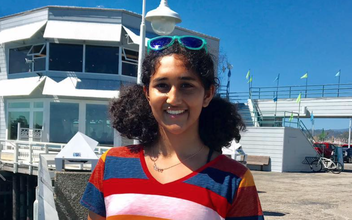 Ankolekar’s favorite part about her organization is her interactions with followers on social media. She feels as if her purpose is renewed every time she receives a message that one of her blog posts positively impacted someone’s journey. “Dementia Insight was started to help individuals who have family members dealing with dementia, and it feels great to know that it is achieving its goal.” Dementia Insight grew through persistence: “It took months of creating weekly content, posting on social media, and sending out monthly bulletins to keep readers actively engaged.” Her advice to aspiring youth activists is to just get started! “Starting an organization may seem daunting at first but it gets easier as you begin building your platform. Also don’t be afraid to reach out to your fellow activists for advice!”
A rising senior at Monta Vista High School, Ankolekar is passionate about STEM and hopes to be a part of a research team that finds a cure for Alzheimer’s disease in the future. She is also actively involved in the Future Practicing Physicians Network, Neuroscience, California Scholarship Foundation, and TedX clubs at her high school. Learn more at dementiainsight.org While talking to her long-distance friend about how students are coping with social isolation during the COVID-19 shelter in place, Anu Prasad developed the idea for Bezzie. In quarantine, students get much less social interaction than they would going to school each day. Using video calls is a great way to keep in touch with friends and feel connected. This is where Bezzie comes in: Bezzie connects children with high school volunteers to create a student-mentor bond but also a strong friendship. Kids are able to develop the social and verbal skills that are crucial during their adolescent years as well as prevent feelings of isolation. Since its opening on May 11, Bezzie has received over 200 volunteer applications and is continuing to expand its team. The first few pairings have already been made, with sessions already going on. Volunteers come from countries all around the world like Malta and Germany. Through Bezzie, Prasad has had the opportunity to talk to and meet new people and learn about their lives and diverse cultures. By starting Bezzie, Prasad has also had the opportunity to dive into marketing. She began by simply sending texts to her friends and group chats. From there, word began to spread, and people sent volunteer applications to their other friends. Prasad discovered that the up-and-coming platform Tik Tok was the most effective for marketing. By a stroke of luck, one of their volunteers saw a video on Tik Tok that told viewers about online volunteer opportunities and commented about Bezzie. The organization then gained over 100 volunteers in a week. Bezzie has recently decided to start offering volunteer hours to those who made Tik Tok videos and let parents who might be interested know about Bezzie. Additionally, a volunteer of the month program has been implemented to award those who go the extra mile.
As daughters of educators and proud advocates of education themselves, life-long best friends Sarah Shapiro and Skye Loventhal saw the hardships parents and students were facing with the shift to online classes and created the Covid NineTEEN Project to provide resources and address worldwide educational inequality. Every day, their organization hosts free teen-led activities and one-on-one tutoring sessions in English, Math, Science and History in multiple languages. Over 300 elementary school students are currently enrolled with over 150 teen mentors leading sessions. The Covid NineTEEN Project has expanded internationally with students from Argentina, Bangladesh, South Africa, Colombia, Canada, and many more! Shapiro and Loventhal’s favorite part about their organization is creating meaningful connections with students and inspiring them to reach their fullest potential. Even in a short time frame, they have been able to make a positive impact on hundreds of students’ lives. Speaking about her time working with one student, Shapiro said, “We have truly built a wonderful connection where I can serve as a mentor to her. All of the learning moments and laughs have made any difficulties in establishing this program worth it.” Social media was vital in growing the Covid NineTEEN Project and spreading its message. Many of the organization’s volunteers discovered the program through Instagram, and parents found information on the Covid NineTEEN Project through posts on Facebook groups. Additionally, the organization has reached out to individual schools, school districts, news channels, magazines, and more to share information about the Covid NineTEEN Project. Shapiro and Loventhal “encourage youth activists to feel empowered to create their own organizations and to not feel discouraged from doing so simply because of their age.” It is important that students surround themselves with a group of peers who can develop and bounce ideas off of each other and motivate them to keep working towards their goals. Outside of working on the Covid NineTEEN Project, Sarah Shapiro is an eleventh-grade student in the International Baccalaureate Diploma Programme at Granada Hills Charter High School, a nationally ranked speech and debate competitor, and the founding president of her school’s Girl Up Chapter. She aims to enact positive social change worldwide by using her voice to bring pertinent issues to the attention of the public. Co-founder Skye Loventhal is also a high school junior at Granada Hills Charter and part of the AP Capstone program. She is also the founding Vice President of her school’s Girl Up chapter, a softball coach, a kindergarten teaching assistant, and math tutor for underclassmen through her school’s Academic Mentor Program. Learn more about Sarah, Skye, & the Covid NineTEEN Project:
https://sites.google.com/view/covidnineteenproject The inherent invalidation of marginalized communities in society is often echoed in specific fields such as STEM, a fact that isn’t surprising given the far-reaching limitations that have been placed upon minority groups. However, if you look deep enough, you’ll find organizations that are actively trying to change such blatantly discriminatory standards, such as Superposition. What’s Superposition, you may ask? Well, keep reading to find out all about it! Stephanie Su, a high school junior from the Bay Area, had been interested in STEM ever since her grandmother taught her basic math concepts in Kindergarten. She, like many others, felt an indomitable thrill from the problem-solving process which drove her to explore and learn more. However, as she became more intertwined with Science, she couldn’t help but notice that regardless of the type of STEM classes she was in, be it math or physics, she was always part of the gender minority. Once, when walking into a competitive math class, her teacher announced, “Look, we have our first girl in the class!” Stephanie, at first, chose to laugh off the skewed gender ratio in her STEM lessons; however, she eventually realized that many other girls were having the same experiences as her, perhaps even being discouraged by the lack of representation. “The feeling does make sense—when you don’t see any face that looks like yours, it’s easy to feel alienated,” she said. One day, Stephanie saw an unassuming advertisement for an all-women and non-binary hackathon called Superposition II. At first, it seemed like a fun opportunity; however, she didn’t think much of it. Alas, the experience ended up being like no other! Spending 24 hours in San Francisco with free food and a chance to meet other girls interested in code was extremely inspiring, and Stephanie knew that she wanted to help bring such empowering experiences to as many discouraged students as possible. Several months later, Stephanie was extended a position on the Superposition III Operations team. Eventually, she was promoted to Lead Director. Throughout the past 4 years, Superposition has organized the Bay Area’s largest all-women and non-binary hackathon at companies such as VSCO and Uber. In February 2020, they hosted 220 attendees at the Uber headquarters in San Francisco, establishing Superposition as one of the Bay Area’s largest student-run hackathons, even among co-educational groups. “With 35% of our attendees having never programmed before, and 77% attending their first hackathon, we were able to bring so many girls into the world of technology,” says Stephanie. One attendee even reported feeling “reluctant to pursue computer science because of male dominance,” but changed her mind after “seeing such a diverse community and being able to connect with girls pursuing technology.” 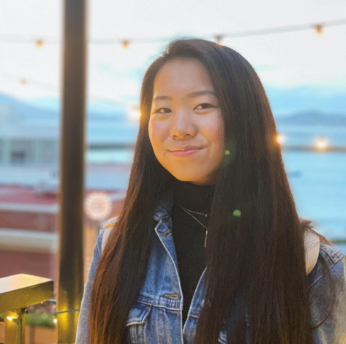 Pictured: Stephanie Su Pictured: Stephanie Su During the COVID-19 pandemic, Superposition is working to continue creating educational opportunities for the community through its virtual workshops and panel series. Just 3 weeks into their virtual series’, they’ve had a total of 520 students in 9 countries and 20+ US states participate. Most recently, Stephanie held a review session for AP Computer Science and had one attendee tell her that "words could not describe how grateful [she was]." Stephanie realized that being able to help even a single individual makes the process incredibly worthwhile. Of the hundreds of hackathons around the world, Superposition is among the few dedicated to underrepresented gender minorities in technology. Their mission is to empower young women and non-binary students in technology by providing a supportive environment in which students can explore their passions. Though they offer prizes for outstanding work, their purpose is to recognize the attendees for their hard work, rather than to foster a competitive environment. Superposition’s first and foremost priority is maintaining the attendee experience. “Often, Superposition is an attendee's first hackathon, and we want to create an empowering community so that every individual who attends our hackathon leaves feeling confident and important,” says Stephanie. Superposition’s amazing attendee experience is a factor that attracts students from across the country, year after year. One attendee from New York said, "My most important takeaway from Superposition IV was that there are many others out there, even miles away, that are willing to support me and I do not have to get through the tech industry alone or without support from my peers, mentors, or even professionals at companies. I see that there are so many creative women that are not only in the same place as me but that have come before me and have done tremendous things and I see myself being a similar mentor for the next generation." Superposition is currently expanding beyond an annual hackathon to provide year-round events for the community in the form of hackathons, workshops, panels, and other opportunities. Stephanie was motivated to take the next step forward with Superposition because she realized that all of her many months of hard work and lost sleep were solely contributing to a measly 24 hours, and even after the hackathon itself, there would be so much work left to do to bridge the gender gap in tech. Back in December, she'd thought to herself, Female empowerment doesn't stop after 24 hours, and neither should Superposition. “It's been incredible to see how great of an impact our initiative, which started off in the Bay Area, could make, and I plan on continuing to bring empowering experiences to more girls,” Stephanie says. Stephanie and her team are hoping to release their team applications soon to get more female changemakers on board as well. “There's a lot of exciting opportunities coming up that we can't wait to share with the community!” she says. Keep your eyes peeled for more news from this inspirational group!  As a young girl, Haerin So never truly felt encouraged to explore her career options and felt her dreams and lofty goals would be unachievable. However, as she began hearing stories of women overcoming adversity in the workplace, she felt empowered to turn her aspirations into a reality. In 2018, So started SHEDIDTHAT! to share the experiences of professional career women with young females of the future. She hopes to empower and inspire other girls through the same experience she had when first listening to the stories of incredibly impactful women like Oprah Winfrey and Ruth Bader Ginsburg.
In the future, SHEDIDTHAT! hopes to publish a Medium publication and host conferences and webinar panels. So hopes that SHEDIDTHAT! will become widely known and referenced by thousands of girls for inspiration. Ultimately, she wants SHEDIDTHAT! to create a ripple effect, where girls empowered by stories on the SHEDIDTHAT! website to begin to inspire others with their own journeys. They are currently planning online events for girls to get and stay connected and will hopefully introduce those this summer! THE POWER OF ART: Serena Ding is a current junior at Fiorello H. LaGuardia High School of Music and Arts and Performing Arts, a specialized dual mission school in New York known for its prestigious arts education. Before high school, Serena always saw music and the arts merely as hobbies but nothing more. She was more focused on pursuing STEM and business-related activities and did not think she had much use for music or the arts besides school or a means of relaxation. Inspired by the documentary “Alive Inside,” which depicted elderly dementia patients “coming alive” to music from their childhood, Serena started volunteering for a local nursing home in her community.
|


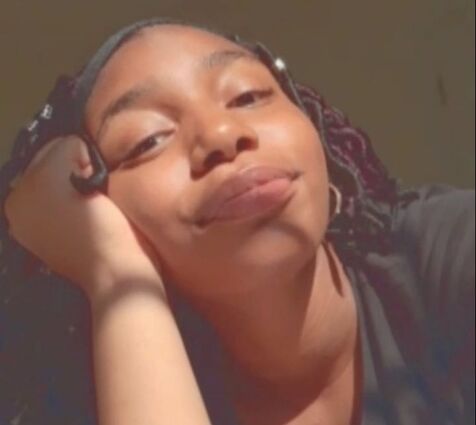
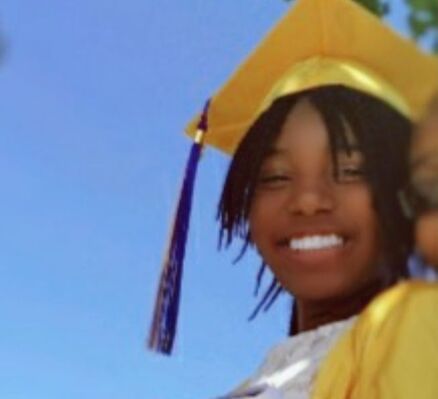
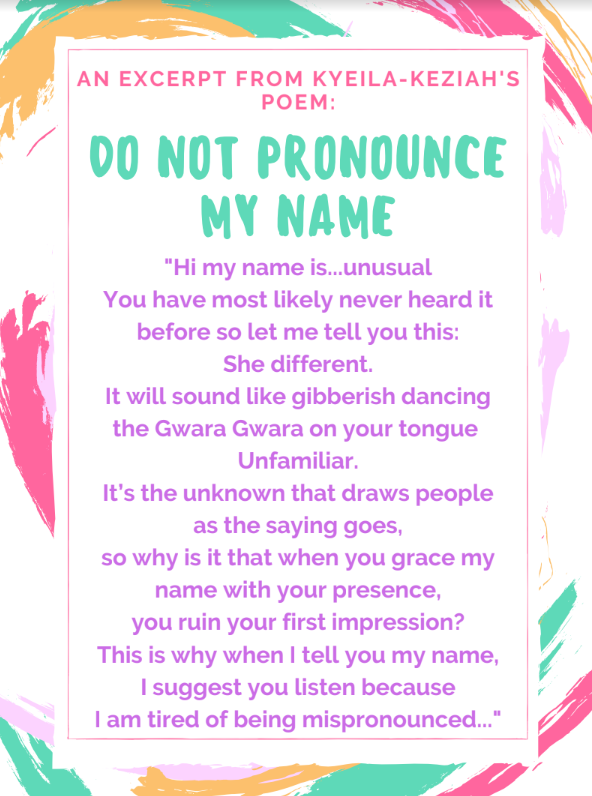
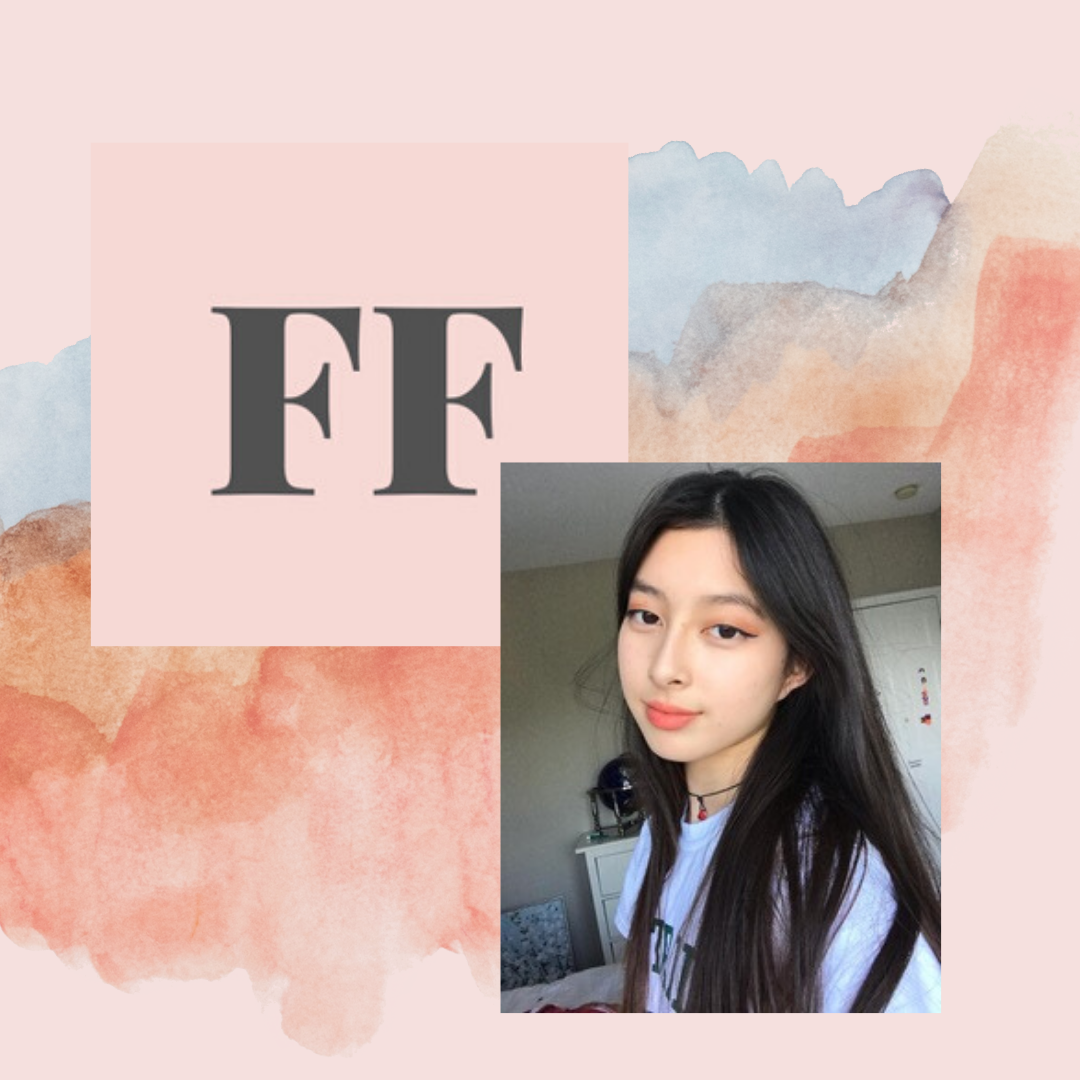
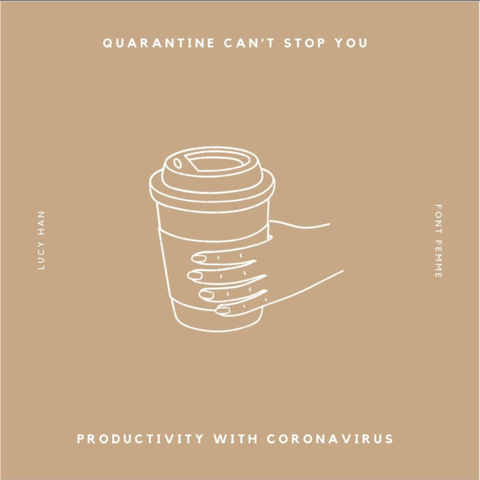
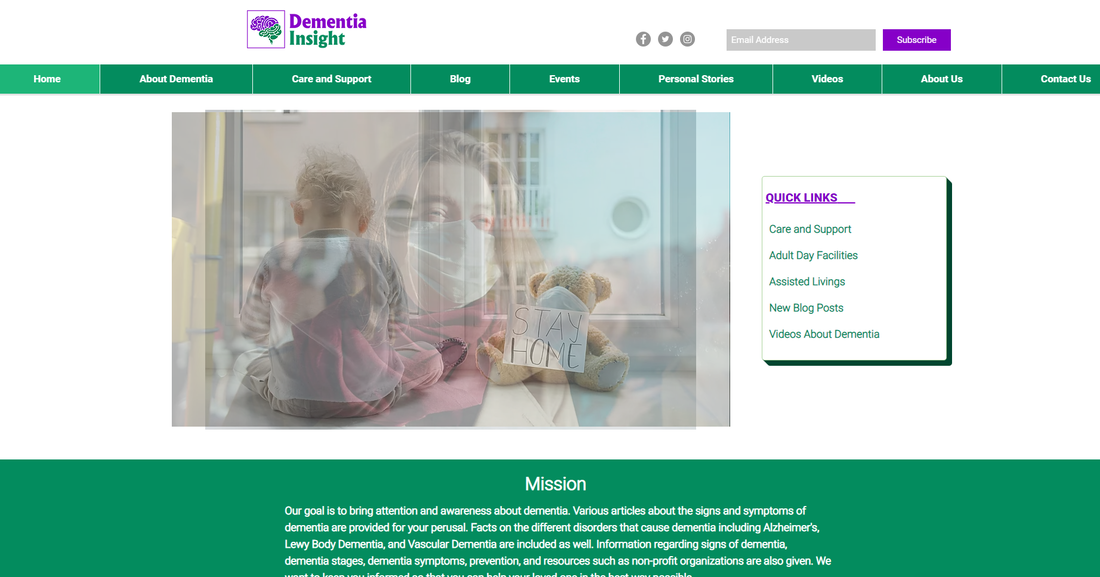
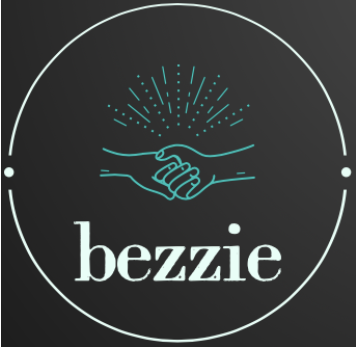
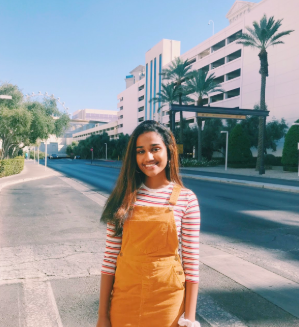
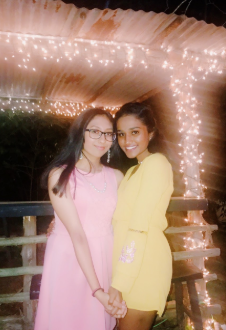
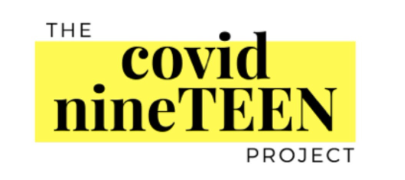

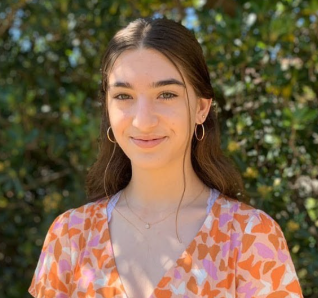
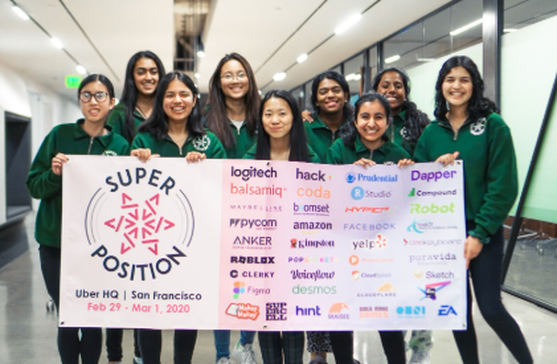
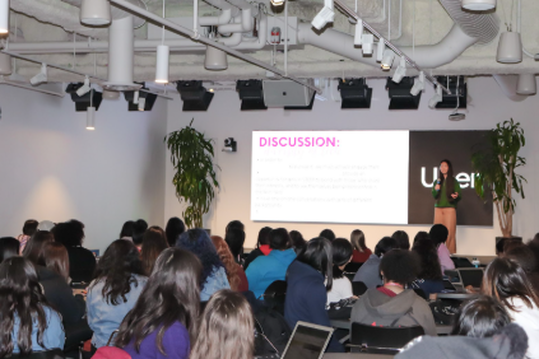
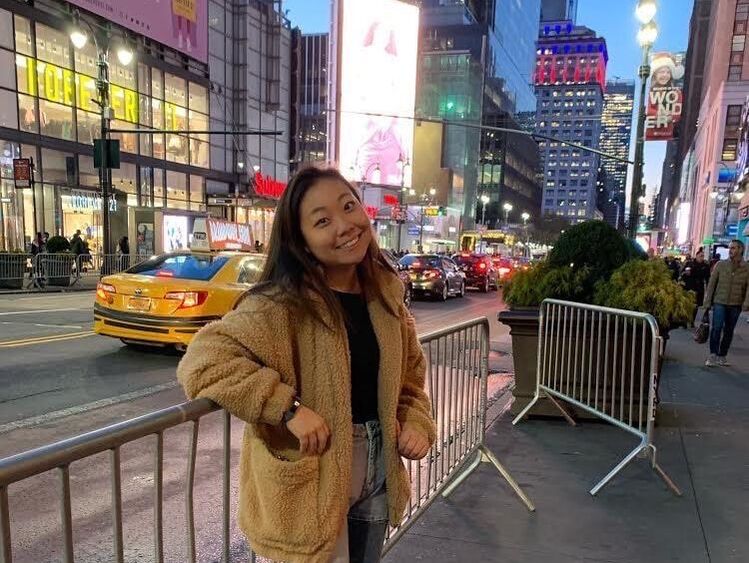
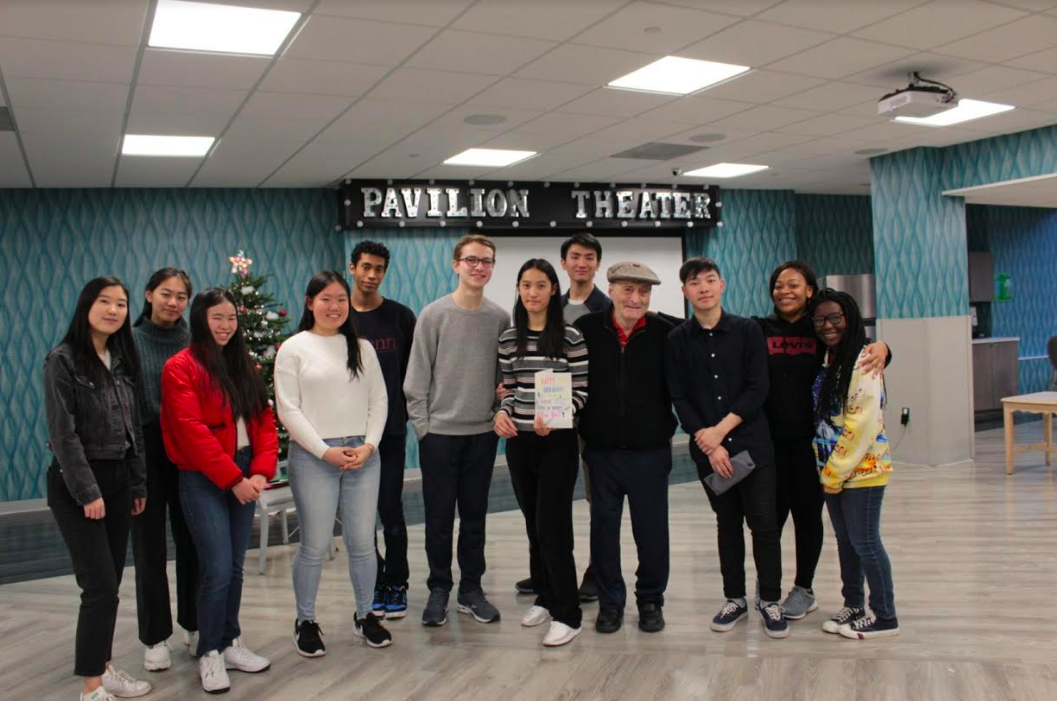
 RSS Feed
RSS Feed
